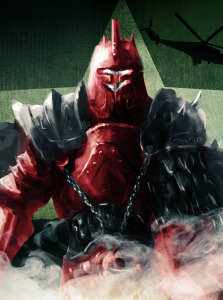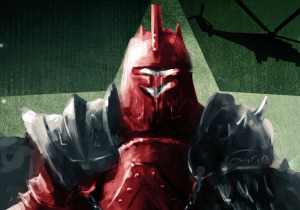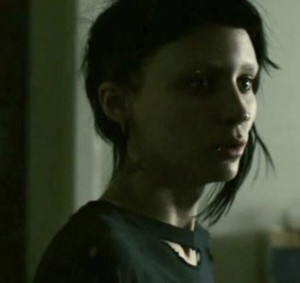I’m in the process of a straight read-through of the manuscript for Book Two. This is the first time I’ve treated the book as a single, indivisible whole, and there are numerous rough edges to smooth and corners to knock off. When I started I was uncertain as to what I’d find and where in the manuscript I’d need to bring out the authorial Key of Deletion and smite my tender prose. Things were going so well, though, and it began to look like I’d get to the Second Draft with little bloodshed.
How wrong I was. One of the crucial tasks before me was to evaluate the pacing for my story. The first thing I noticed was that it was very slow to get off the ground. Thousands of words into the novel, I realized that I was becoming impatient with my *own story.* That’s never a good sign. So I started marking out my story ‘beats’ to see if I was getting to the crucial turning points in time. No, I wasn’t.
What to cut? Which delicious vignette, what carefully crafted scene, what fully-formed child of Wisdom, sprung from my decidedly ungodly brow would succumb to the headsman’s axe?
Upon close examination, I determined that there were several scenes, centered on one of my more beloved characters, that did little more than introduce her and other characters and establish basic interactions. These scenes did not seem to be moving the story forward.
But I lost my nerve. Instead of outright removing them, I decided to mark them as “might cut” in Scrivener. I knew that I’d need to evaluate them in the context of the story and find later places where those characters and their actions would change. I promised myself that I would not simply erase these scenes; they’re my darlings, and actually rather funny, and may find a home in (drum roll, please) Book Three.
This decision having been made, I re-evaluated the rest of the story, and to my profound surprise discovered that the pacing beyond those problematic scenes looks really good. Looks like between 3,000 and 4,000 words will be removed when I’m done, which is probably just as well as I’m pushing 100,000 words, much longer than I’m comfortable with for this novel.
I sheathed my sword, cased my headsman’s axe, covered my red pen, and lifted my finger from the almighty Delete Key. For now.



